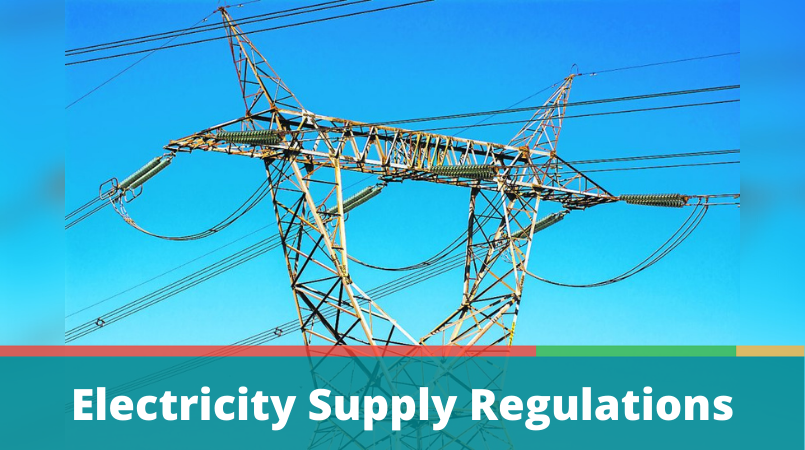
The Independent Consumer and Competition Commission (ICCC) has responded to the presentation of two senior associates’ during the Australia Papua New Guinea Business Council Webinar on the Changes to PNG National Energy Authority Act 2021.
ICCC Commissioner and Chief Executive Officer, Paulus Ain announced the institutional changes in the electricity supply industry, and what these changes will mean for the ICCC going forward.
Mr Ain said since 2002, the ICCC has been regulating the electricity supply industry, until the passing of the National Energy Authority Act 2021 (NEA Act) and Electricity Industry (Amendment) Act 2021 (EI [Amendment] Act).
He said: “The electricity industry in PNG was declared under the Electricity Industry Act to be a regulated industry for purposes of the ICCC Act 2002, until the passing of the NEA Act.
“Accordingly, in 2002, the then Minister for Treasury, the Late Sir Mekere Morauta, declared all power supply services to be regulated services under the ICCC Act. As a result of these declarations, the electricity tariffs, service standards and licensing arrangements have been subjected to the ICCC’s oversight,” Ain added.
Ain said ICCC has worked with all relevant parties to ensure:
- Efficiency of the electricity sector in PNG;
- Market impartiality and regulatory independence;
- Market competitiveness;
- Affordable pricing of electricity services; and
- Service accessibility and reliability.
“Since 2002, the ICCC has supported the Government’s development agendas for the electricity industry by developing and implementing various electricity industry codes, rules and regulations that promote and protect efficiency and competition for electricity markets, improved service standards, and ensured regulatory compliance,” Mr Ain said.
The ICCC’s regulatory oversight in the electricity industry has since ceased the following passage of the NEA Act, which is in accordance with National Gazettal Notice No: G443, effectively commencing its operation on 05th of July. The NEA Act establishes the National Energy Authority (NEA).
The institutional changes in the energy/electricity sector means that:
- NEA will assume the economic regulatory functions of the ICCC
- Under the EI (Amendment) Act, the list of functions of the ICCC, as well as parts of the Electricity Industry Act relating to land access and ownership of transmission lines, safety and technical requirements and offences will be repealed
- Licenses issued under the Electricity Industry Act (Ch. 78) and the ICCC Act are preserved under the NEA Act, although there do not appear to be any grandfathering clauses;
- The Authority will have the ability to charge levies and fees, including levies on generation licenses. The NEA price regime for respective entails the following:
- Generation: There will be a license levy of K0.009 p/kWh, reviewable every three years. In addition, there will be a fixed annual fee ranging between K10,000 and K500,000 depending on generation capacity above 1MW.
- Transmission and distribution networks and retail: Annual fees are to be prescribed by regulation.
- The above proposed levy and annual fees will add regulatory costs and potentially increase electricity supply costs.
- The Authority will also have the power to 'take over' the operations of the power producers where there is a breach of license conditions;
- The new National Content Policy provisions will apply to all electricity licensees; and
- The Authority will have the power and responsibility to obtain, and regulate the use of, gas provided by gas producers, in satisfaction of domestic market obligations.
He added that from above, there are a number of discrepancies, unclear provisions, overlapping roles, and inconsistencies within the NEA Act.
This he said is likely to pose detrimental impact and plunge the electricity industry into complete chaos, which will further affect overarching government’s goal of 70 per cent electricity access by 2030.
Mr Ain said while the ICCC respects the Government’s decision to establish the NEA, the regulatory regime outlined under the NEA Act must be rectified.
